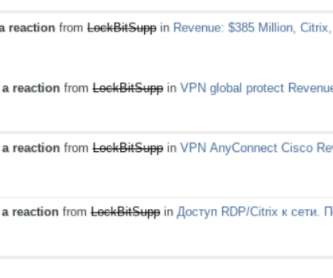World Backup Day on March 31 Seeks to Protect Data Before It's Gone
SecureWorld News
MARCH 30, 2023
However, data is as vulnerable as it is valuable, and World Backup Day on Friday, March 31st, is a welcome reminder of the need to have a well thought out data protection strategy in place. The campaign began in 2011 as World Backup Month and was changed to World Backup Day later.












Let's personalize your content